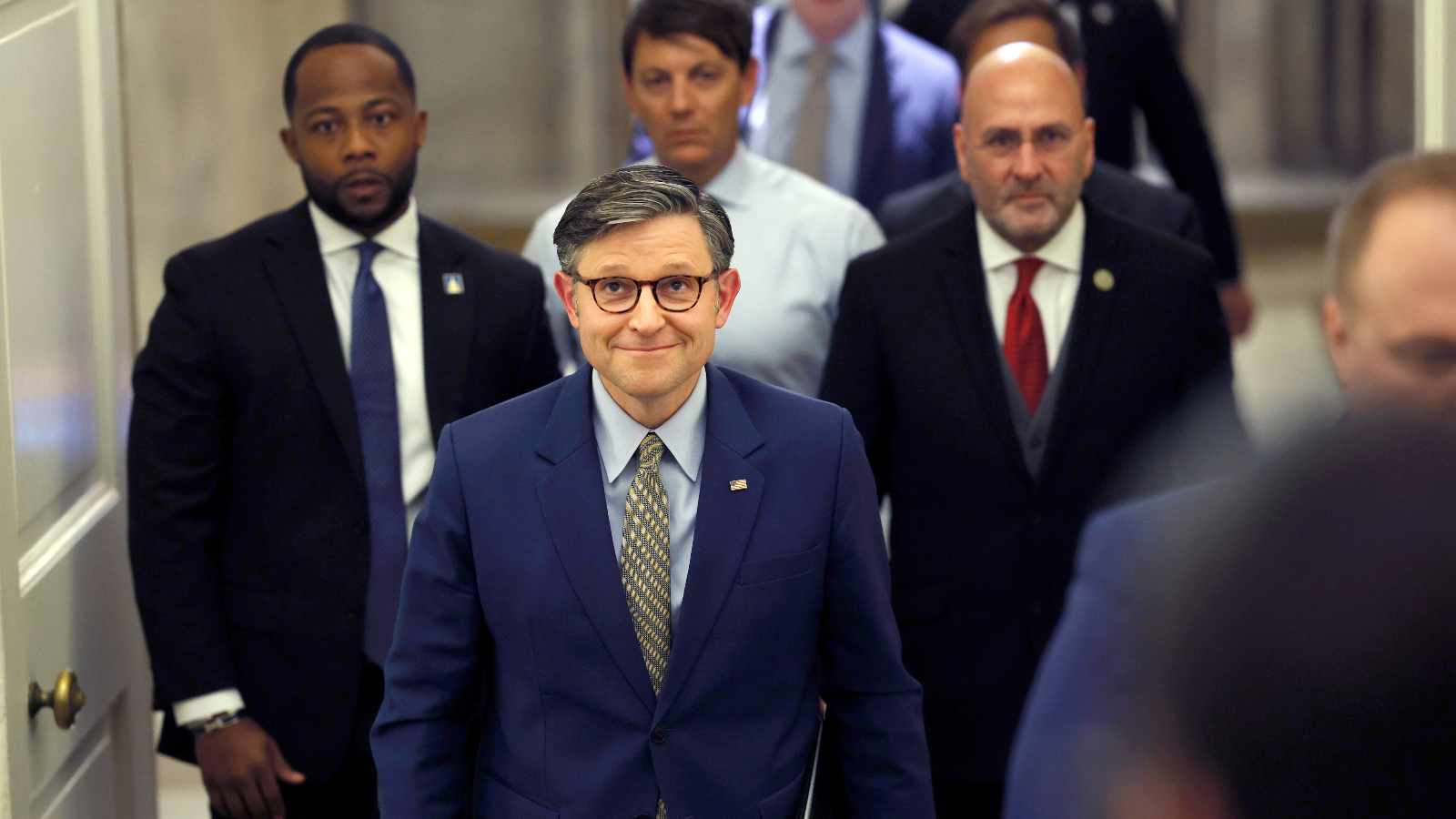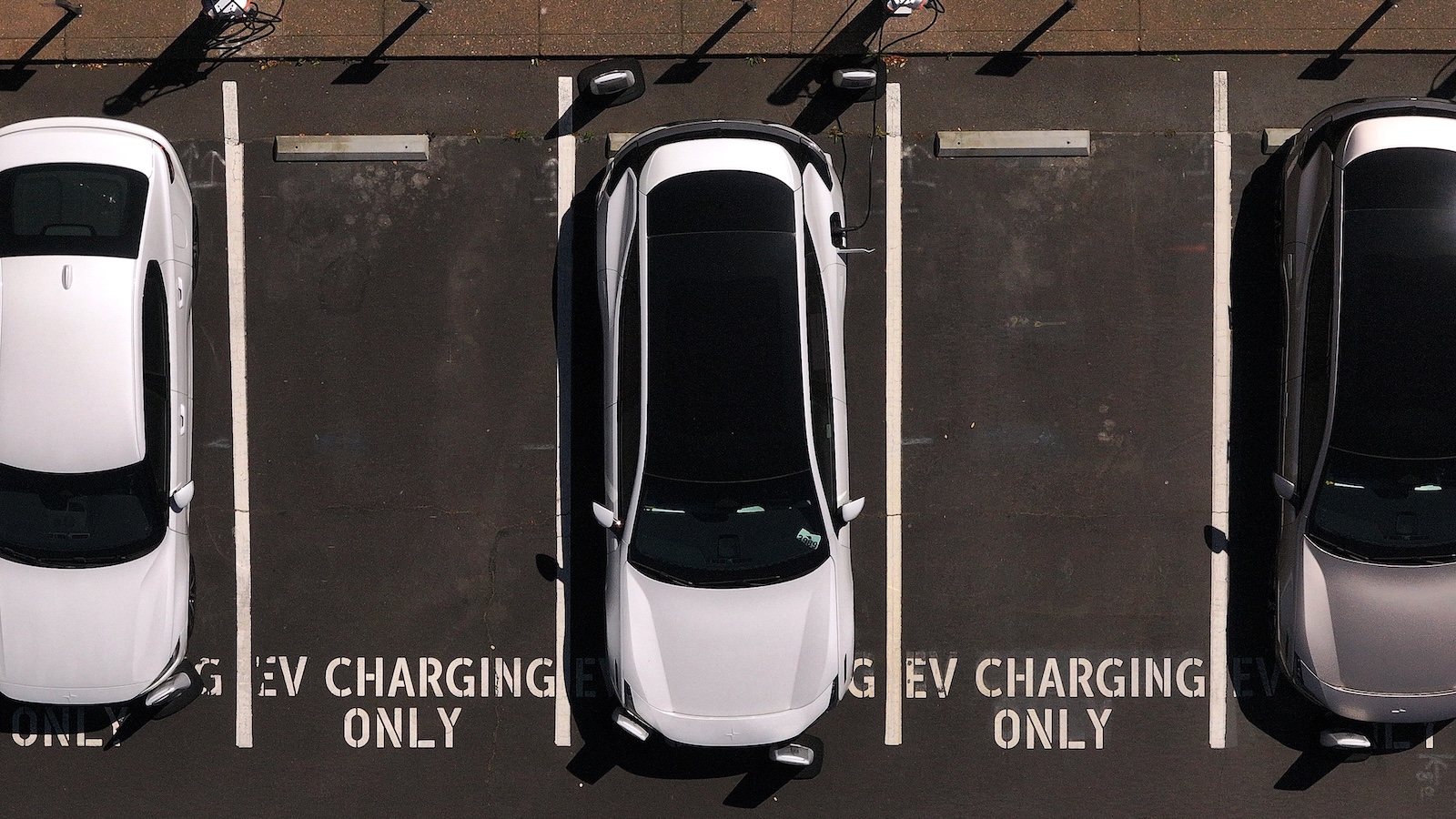Now Reading: Moderate Republicans Back Biden’s Climate Law, Then Support Repeal
-
01
Moderate Republicans Back Biden’s Climate Law, Then Support Repeal
Moderate Republicans Back Biden’s Climate Law, Then Support Repeal

Speedy Summary
- The US House of Representatives voted 215-214 along party lines to pass a tax bill that would roll back clean energy tax credits from the Inflation Reduction Act (IRA).
- Initially planned to extend through 2032, these clean energy incentives would now only apply to projects starting within 60 days and producing power by the end of 2028.
- Federal tax credits for consumers adopting technologies like rooftop solar, heat pumps, and electric vehicles are set to be phased out by year’s end if the bill becomes law.
- Renewable energy developers highlighted aggressive timelines as likely making some projects unfeasible due to delays caused by interconnection queues, permitting challenges, and resource procurement.
- Analysts attribute over $400 billion in investments and more than 400,000 new jobs in clean energy since the IRA’s passage. Most funding (78%) benefited rural districts represented by Republicans.
- Republican districts receiving significant IRA funds still backed repeal efforts; moderates traded IRA support for raising state/local tax deduction caps benefiting high-tax state residents.
- Public awareness about IRA benefits remains low: surveys show flawed understanding of its provisions among Americans.
!A battery plant for electric vehicles under construction in Lordstown, Ohio.
Megan Jelinger / AFP via Getty Images
Indian Opinion Analysis
The House vote is significant as it represents a shift away from long-term green goals underlined by America’s most ambitious climate legislation – the Inflation Reduction Act. While US domestic politics drives such decisions, their broader outcomes could have repercussions on global renewable energy markets. India has a vested interest in any developments within American clean tech investments; reduced federal incentives could disrupt supply chains or international collaborations essential for India’s own push toward lasting technologies.
The rollback also indicates possible challenges developing nations may face when aiming for sustained funding models supporting green transitions amidst political partisanship elsewhere. India can observe how short-term priorities affect large-scale transformations – lessons applicable when balancing environmental concerns with financial practicality domestically.
public awareness gaps highlighted in this report underscore an imperative Indian policymakers might heed: fostering better citizen engagement around sustainability initiatives avoids similar risks of undervaluing or politicizing transformative policies critical for national growth.




























